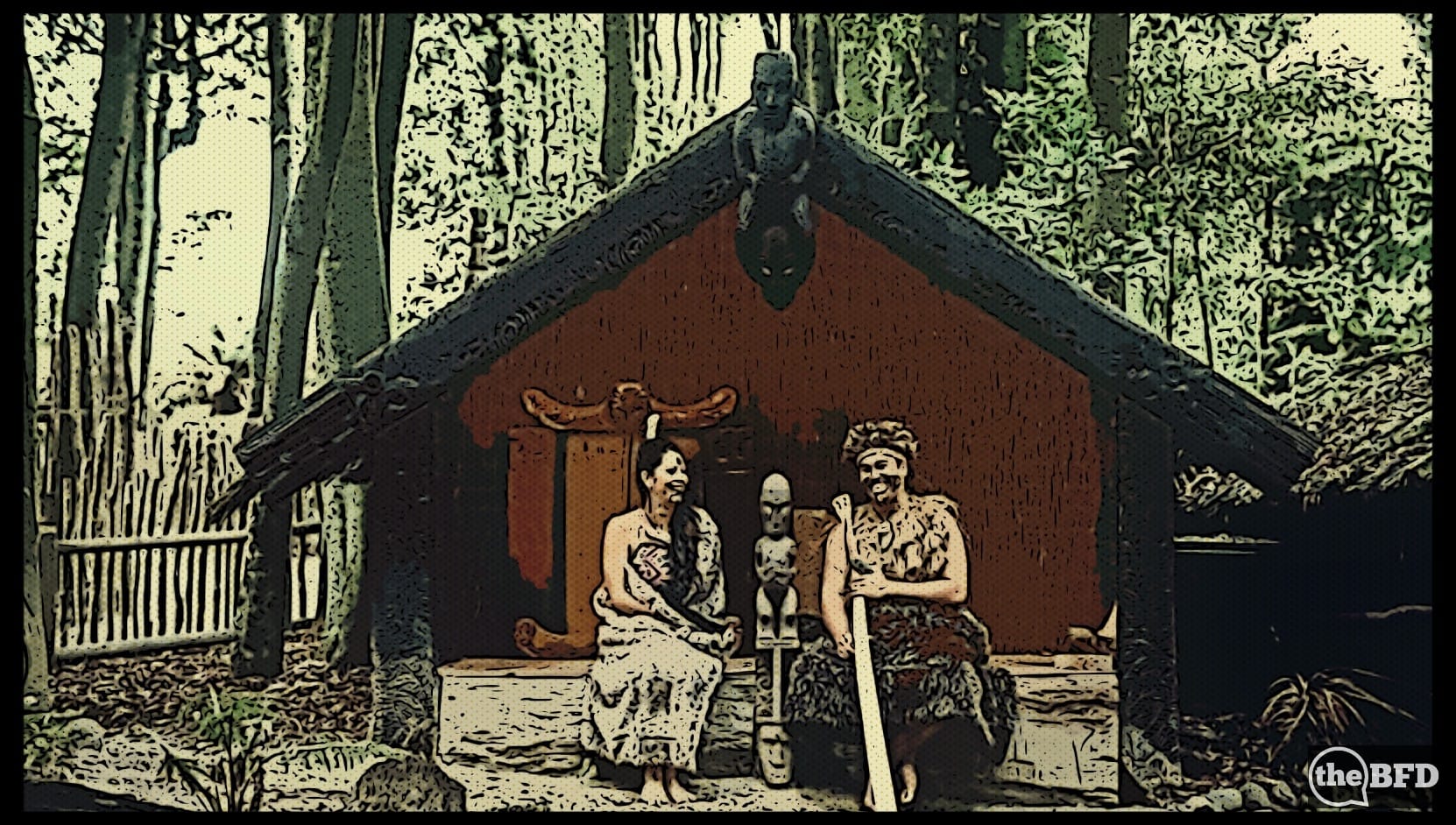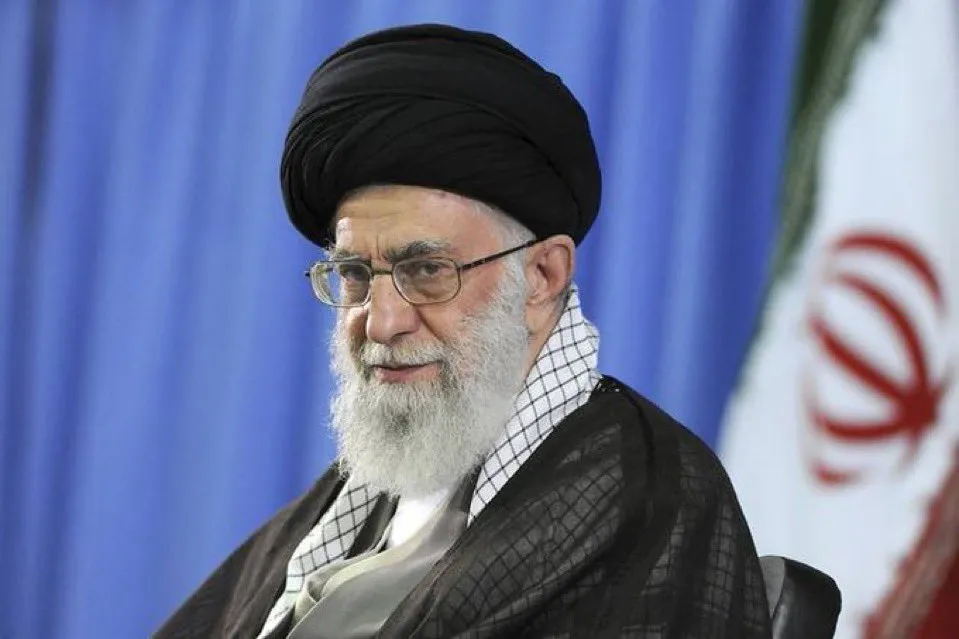Table of Contents
Maori tribes scrapping over ownership of the foreshore is not what William Hobson, James Freeman and James Busby envisaged when they thrashed out the Treaty of Waitangi entitling Maori to the privileges of British citizenship and protection from death, slavery and cannibalism by warring tribes. And yet here we are with elite iwi demanding preferential treatment and trampling on the rights of other citizens. A return to the rough justice of the tribal stone age.
The damage was done when politicians used the NZ legal system to favour a small but vocal section of Maori who took the concept of Maori customary use rights and turned them into demands for legal title and ownership.
In 2003 Chief Justice Sian Elias determined in the “Ngati Apa decision that pockets of customary interest in the foreshore and seabed might still exist, and that such claims should be heard in the Maori Land Court”.
That legal opinion was the opportunity for hundreds of customary use claims to blossom up and down the NZ coastline.
The John Key government opened that door wider; a door that would have been better left shut. They did a deal with the Maori Party to repeal the 2004 Foreshore and Seabed Act and cement the concept of Maori customary rights into law through the Marine and Coastal Area Act (Takutai Moana) Act 2011.
One small retrograde step back into tribal ownership was a great leap backwards for democracy.

When Justice Churchman came along with his shocking landmark decision in May 2021 that recognised Maori customary use rights (tikanga) it was a sucker punch to collective ownership and the end of the Crown managing New Zealand’s foreshore and seabed for the benefit of every New Zealander.
The Ardern Government assisted iwi by funding challenges, thereby skewing our adversarial justice system away from a once neutral position and toward a race-based judiciary. Complainants seeking to mount a legal challenge to Churchman’s decision were daunted by the estimated cost of hundreds of thousands of dollars.
“…the Government recently announced it will put even more resources into iwi and hapu customary marine and coastal claims.
This follows a Waitangi Tribunal recommendation that the Marine and Coastal Area (Takutai Moana) Act is in breach of the Treaty because it had not funded all costs incurred by whanau, hapu and iwi going through the process.
This is despite the Government already providing substantial funding to claimant groups – up to $412,000 per application.”
Democracy Action
The blow to our adversarial justice system is similar to race-based and identity politics in other western countries. Aaron Sibarium wrote about the ideological takeover of America’s legal system.
“The adversarial legal system—in which both sides of a dispute are represented vigorously by attorneys with a vested interest in winning—is at the heart of the American constitutional order.
“Since time immemorial, law schools have tried to prepare their students to take part in that system.
“Not so much anymore. Now, the politicization and tribalism of campus life have crowded out old-fashioned expectations about justice and neutrality. The imperatives of race, gender and identity are more important to more and more law students than due process, the presumption of innocence, and all the norms and values at the foundation of what we think of as the rule of law.”
Law schools caved to a new orthodoxy where self-censorship is essential to ensure, for example, that teaching Critical Race Theory is mandatory in American law schools.
“…the American Bar Association is requiring all accredited law schools to “provide education to law students on bias, cross-cultural competency, and racism,” both at the start of law school and “at least once again before graduation.” That’s in addition to a mandatory legal ethics class, which must now instruct students that they have a duty as lawyers to “eliminate racism”.
Students know better than to buck the system and court controversy.
“At Boston College Law School this semester, a constitutional law professor asked students: ‘Who does not think we should scrap the constitution?’ According to a student in the class, not a single person raised their hand.”
American professors, who also mentor students, do not encourage critical thinking because it could cost them their jobs.
“Nadine Strossen, the first woman to head the American Civil Liberties Union and a professor at New York Law School, told me: ‘I massively self-censor. I assume that every single thing that is said, every facial gesture, is going to be recorded and potentially disseminated to the entire world. I feel as if I am operating in a panopticon.’”
Instead, academics blame institutional administrators for the switch.
“Administrators now outnumber faculty at some universities—Yale employs 5,066 administrators and just 4,937 professors—and law schools haven’t been spared the bloat.
“Several law professors bemoaned the proliferation of diversity, equity, and inclusion offices, which, they said, tend to validate student grievances and encourage censorship.”
One professor admits not being able to speak freely is a problem.
“Law schools are in crisis”, she told me. “The truth doesn’t matter much. The game is to signal one’s virtue.”
Common Sense on Substack









